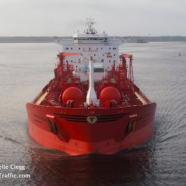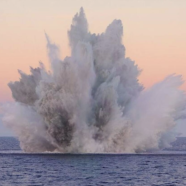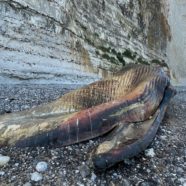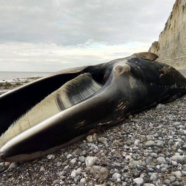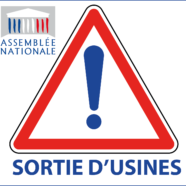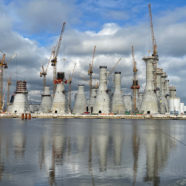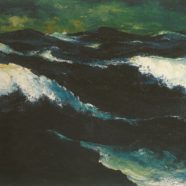
Offshore Plants
L’humanité découvre un nouveau satellite : l’océan. La mer est la nouvelle lune. C’est promis. Le 21ème siècle et les suivants seront maritimes ou ne seront pas. L’offshore éolien est un cheval de Troie. Le foncier marin est immense et il n’y a pas des voisins pour se plaindre. Après l’étalement urbain vient le temps de l’étalement marin. Aux entraves des plates-formes d’hydrocarbures abandonnées ou en exploitation s’ajouteront les usines sur l’eau, les mines sous-marines, les stockages de CO2, les unités de dessalement. La mer à boire, à trancher et à consommer sans modération. Qu’en pensent les baleines et les poissons ?





